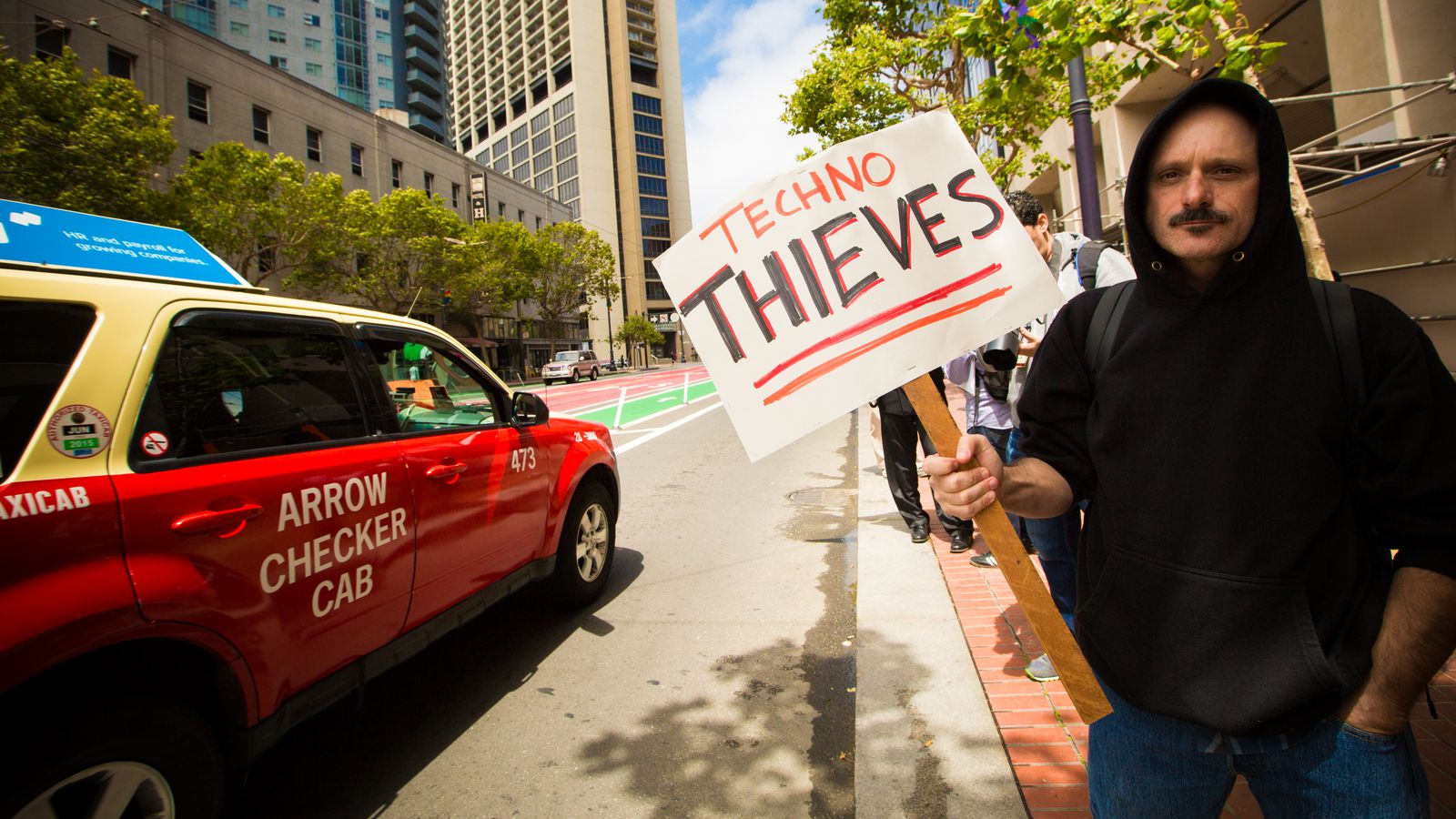By Glen Whelan.
Project Breakthrough: A New Initiative from the United Nations Global Compact
Through its Global Compact, John Ruggie’s special representative work on human rights and multinational corporations, and a whole host of other initiatives, the United Nations (UN) has long been a leader in corporate responsibility and sustainability matters. With the relatively new Project Breakthrough, it appears that the Global Compact in particular, is looking to maintain the UN’s leading role, and leverage its prominent position, in business and society relations. A collaboration with the ‘market catalyst’ Volans – whose co-founder and Chief Pollinator (no kidding) is John Elkington (a champion of triple bottom line thinking in prior times) – Project Breakthrough seeks to translate the United Nation’s “new 2030 Sustainable Development Goals into business action” by challenging and stretching “prevailing business mindsets into new opportunity spaces”.
Project Breakthrough has three specific areas of focus.
- It seeks to foster “exponential mindsets” by asking: “what does the future look like and what can leaders in all spheres learn from the ‘anything-is-possible’ approach that is common among successful innovators?”
- It emphasizes the importance of “disruptive technologies” such as artificial intelligence and synthetic biology, by asking: how can they “transform what’s possible in terms of sustainable performance and longer-term system change?” and
- It looks towards “tomorrow’s business models” by asking: how “new disruptive technologies” can enable “more sustainable, collaborative and circular business models?
Project Breakthrough’s Techno-Utopian Context
For those who know of Google’s current Director of Engineering Ray Kurzweil – and his sidekick Peter Diamandis, who, further to his very pronounced self-promotion skills, co-founded Singularity University with Kurzweil around 2007 – the basic ideas of Project Breakthrough will be familiar. They can also be readily lampooned, as Seth Rogen is reportedly soon to do. Whilst some might find such commentary cynical, the Global Compact’s willingness to embrace techno-utopian ideas that broadly align with those of “Trump delegate, Facebook board member, billionaire PayPal cofounder” and Singularity University supporter, Peter Thiel, does raise questions as to the role of trends and fashion in corporate responsibility and sustainability policy and practice.
The Risks of Disruption
Whilst none of the above mentioned parties are a priori wrong to think that technology and innovation can help address many of the world’s most pressing problems, Project Breakthough’s implicit suggestion that business has a responsibility to disrupt markets (and societies) is facile. Companies like Uber, for example, are clearly new and disruptive. As ongoing disputes with its partner and not employee drivers indicate, however, Uber’s emphasis on technological disruption and new business models seems far removed from both the concern to end poverty (2030 Sustainable Development Goal No. 1), and the UN Global Compact’s concern with labour rights.
In short, the current emphasis on exponential mindsets, disruptive technologies, and tomorrow’s business models, is not risk free. Indeed, without significant qualification, it is not clear how Project Breakthrough’s recent championing of disruptive change is to be rendered consistent with George Kell’s 2003 suggestion that the Global Compact “can only effectively serve as a learning platform that facilitates gradual, incremental change”. So perhaps the Global Compact should adopt a more precautionary approach to the disruptive possibilities of technology for society and the environment. Alternatively, it might further investigate how such ideas as the universal basic income much loved by Silicon Valley could hedge against them.
Glen Whelan is Marie Curie Research Fellow at Copenhagen Business School. He researches Business Ethics, Politics and Corporate Social Responsibility, Internet Studies and Organization Theory. He’s on Twitter.
Pic by: cnet
